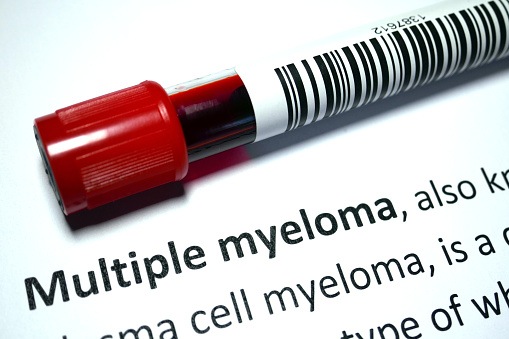
Currently, the long-term risk of major bleeding after discontinuing anticoagulant therapy for a first unprovoked venous thromboembolism (VTE) is uncertain. A study published in Thrombosis and Haemostasis sought to discern the incidence of major bleeding up to 5 years after discontinuing anticoagulation for a first unprovoked VTE.
To conduct this analysis, the investigators searched MEDLINE, EMBASE, and Cochrane CENTRAL from inception to January 2021 to identify relevant randomized controlled trials (RCTs) and prospective cohort studies reporting major bleeding after discontinuing anticoagulation in patients with a first unprovoked VTE who had completed at least three months of initial treatment. In total, the analysis consisted of 20 studies (17 RCTs), and 8,740 patients.
According to the results, during 13,011 person-years of follow-up after discontinuing anticoagulation, the pooled incidence of major bleeding (n=41) and fatal bleeding (n=7) per 100 person-years was 0.35 (95% confidence interval [CI], 0.20-0.54) and 0.09 (95% CI, 0.05-0.15). The 5-year cumulative incidence of major bleeding was of 1.0% (95% CI, 0.4%-2.4%). The case-fatality rate of major bleeding after discontinuing anticoagulation was 19.9% (95% CI, 10.6%-31.1%).
“Patients with a first unprovoked VTE have a non-trivial risk of major bleeding once anticoagulants are discontinued,” the researchers concluded. “Estimates from this study can help clinicians counsel patients about the incremental risk of major bleeding with extended anticoagulation to guide decision making about treatment duration for unprovoked VTE.”







 © 2025 Mashup Media, LLC, a Formedics Property. All Rights Reserved.
© 2025 Mashup Media, LLC, a Formedics Property. All Rights Reserved.